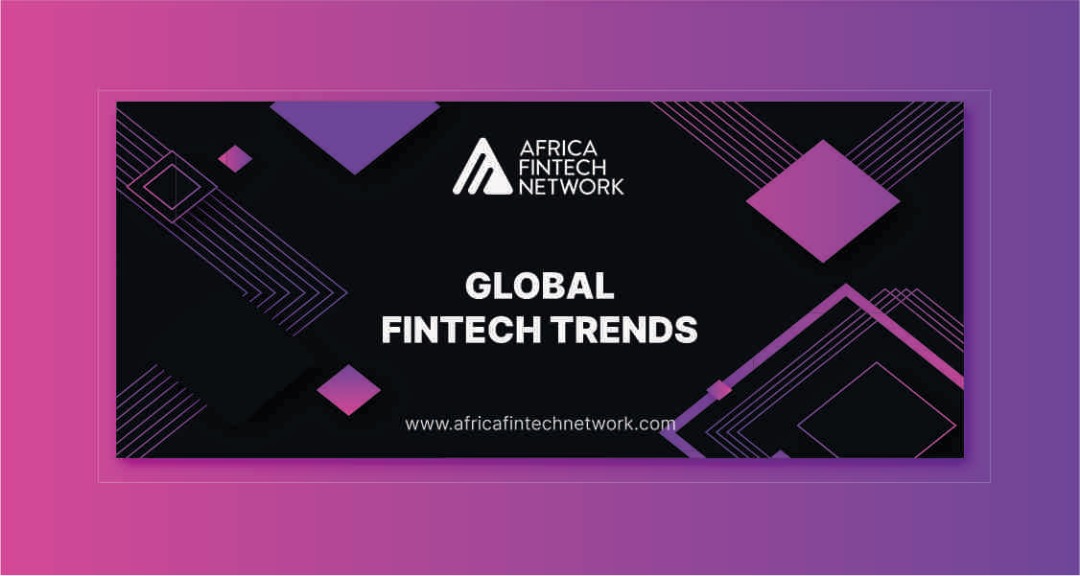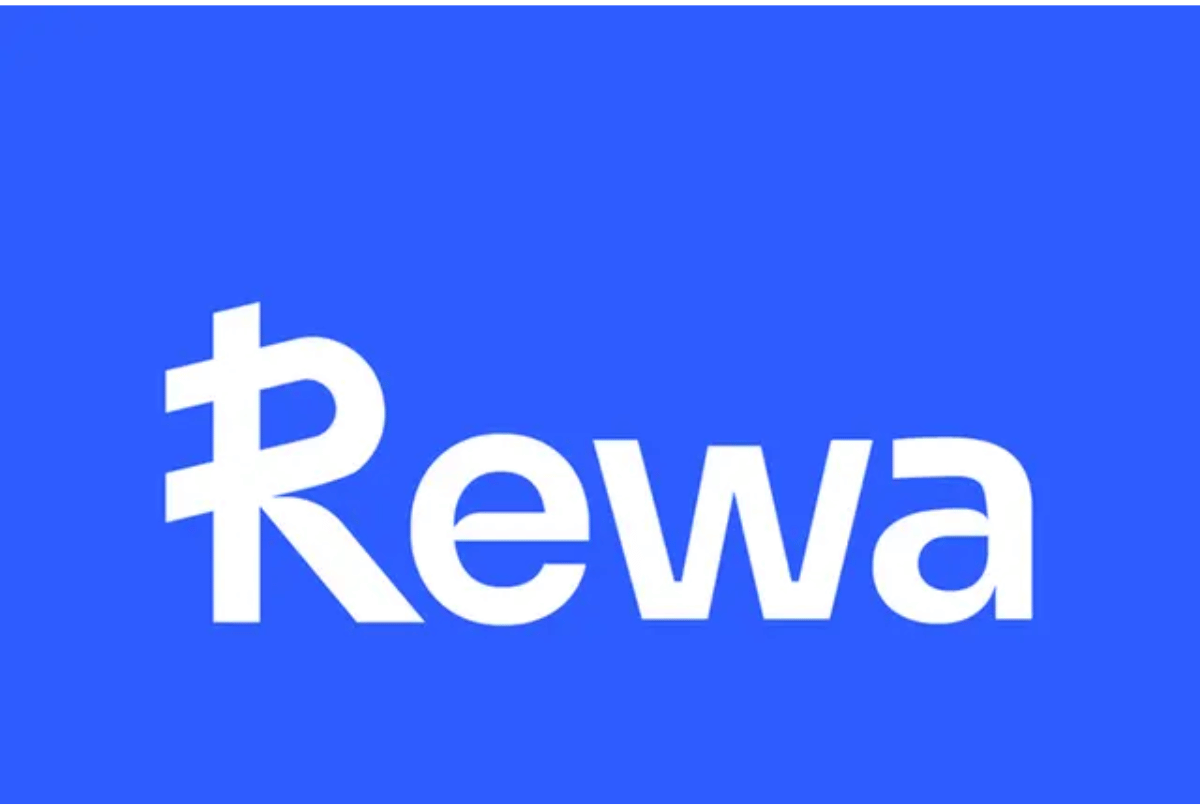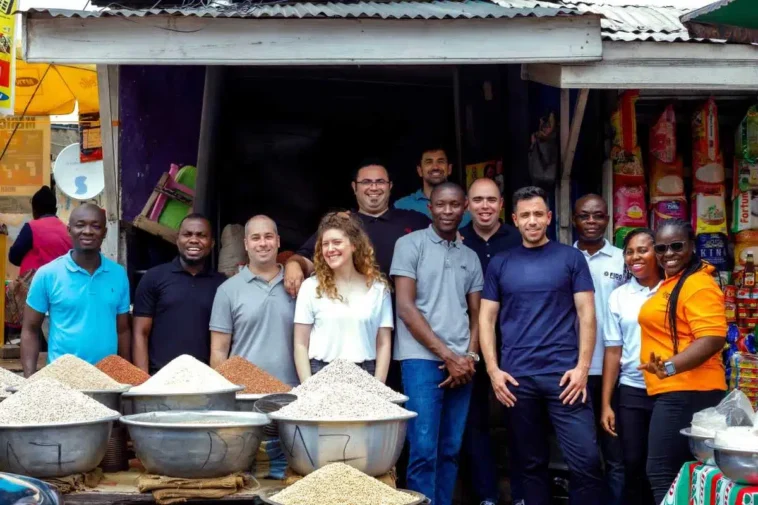
Global Fintech Trends – 17th September, 2024
Navigate and Comply with Regulations with Ease through International Standards and Industry Frameworks: Fostering a Culture of Transparency and Accountability – West Africa Webinar
Register here: https://rb.gy/2kkvp5
Navigate and Comply with Regulations with Ease through International Standards and Industry Frameworks: Fostering a Culture of Transparency and Accountability – East Africa Webinar
Register here: https://lnkd.in/eHjvMg5K
Zambian fintech Lupiya partners Network International for debit card programme
Lupiya, an online lender headquartered in Lusaka, Zambia, has tapped UAE-based paytech Network International to launch a new debit card programme.
The fintech is leveraging Network International’s Payments-as-a-Service (PaaS) and processing solutions to power its new debit card offering as it looks to diversify its value proposition with digital payments.
Since 2016, Lupiya’s remit has largely focused on fixed-term, low-interest microloans, with the platform applying machine learning models and alternative data sources to extend its lending to Zambia’s financially excluded.
Senegalese Lending Startup Rubyx Gets $440K Loan for Product Rollout
Rubyx, a Senegalese fintech startup, secures a EUR400,000 loan from French development finance institution Proparco. The funding aims to boost the implementation of Rubyx’s new algorithmic loan service tailored for startups and microfinance institutions in Africa. The loan, part of the Bridge by Digital program supported by Digital Africa and deployed by Proparco, supports innovative African firms by providing bridging finance to enhance their growth between funding rounds.
Rubyx, a Senegalese fintech startup, has received a EUR400,000 (US$440,000) loan from French development finance institution Proparco. The funding will help Rubyx accelerate the rollout of its new algorithmic loan offering, designed for startups and microfinance institutions across Africa.
Read more here: https://dabafinance.com/en/news/senegalese-lending-startup-rubyx-gets-440k-loan-to-accelerate-rollout
Fintechs Face Delays in Kenyan Expansion Due to Lengthy Licensing Procedures
For fintech startups expanding into Kenya, obtaining an operating license is often the most challenging hurdle.
A Payment Service Provider (PSP) license can take up to two years due to approval delays, pushing startups to seek alternative solutions like forming partnerships with telecoms, banks, and mobile money providers.
“We don’t enable services that require a license, but in Kenya, we connect licensed entities,” said Rachael Balsham, Managing Director for East and Southern Africa at fintech company Onafriq, during last week’s Africa Fintech Summit in Nairobi.
Read more here: https://www.techinafrica.com/fintechs-face-delays-in-kenyan-expansion-due-to-lengthy-licensing-procedures/#google_vignette
USSD service boosts Nigerian mobile transaction options
A reminder that in large parts of Africa internet connectivity is not always guaranteed comes from PalmPay, a financial platform with over 30 million users on its smartphone app in Nigeria. PalmPay has announced the launch of its USSD code, a service that offers Nigerians an additional way to manage their finances without the need for internet connectivity.
With the PalmPay USSD code, says the company, customers can now perform a wide range of banking transactions by dialling *861# from their mobile phones.
PalmPay has been operating in Nigeria since 2019 under a Mobile Money Operator license issued by the Central Bank of Nigeria (CBN). The fintech says it has pioneered a model that provides financial services such as money transfers, bill payments, credit services and savings via a one-stop-shop financial ‘superapp’.
Read more here: https://developingtelecoms.com/telecom-technology/financial-services/17316-ussd-service-boosts-nigerian-mobile-transaction-options.html
Qatar Development Bank recognised as ‘Best Digital Bank’
Qatar Development Bank was named the ‘Best Digital Bank in Qatar’ at the 2024 Banking Excellence Awards by MEED research and media platform in recognition of its distinguished efforts in the field of digital transformation and technological innovation in the banking industry.
The award celebrates digital initiatives that transcend traditional online banking services, recognising QDB’s contribution to fostering Qatar’s entrepreneurship system by supporting and enhancing the digital transformation of SMEs and their adoption of the Fourth Industrial Revolution’s trends.
In line with its digital transformation strategy, QDB has served as a financial development partner over the years, providing comprehensive insights and innovative solutions to its clients.
Read more here: https://www.zawya.com/en/business/banking-and-insurance/qatar-development-bank-recognised-as-best-digital-bank-gcdm0mck
A Move Away From Oil and Gas: Fintech’s Role in a More Diversified Brunei Economy
Brunei Darussalam, more commonly known as Brunei, has transformed its economy for the better following the discovery of oil and gas in 1929. However, as the world starts to turn away from fossil fuels, the country is starting to diversify its economy: we explore fintech’s role in Brunei’s new economic plan.
Gas and oil have allowed the country to prosper for many years, allowing its population to obtain a high standard of living and adult literacy rate. This has made it one of the most successful economies in not just Southeast Asia, but the entirety of Asia. In fact, the gross domestic product (GDP) per capita of Brunei is over $37,000. This makes it the second-highest Association of Southeast Asian Nation (ASEAN) member in terms of GDP, behind only Singapore.
While oil and gas remain the backbone of Brunei’s economy, since 2010, the non-oil and gas private sector has grown by 2.6 per cent on average, according to Asean Briefing. As a result, the government of Brunei has already identified five sectors which can boost its economy’s growth. In 2021, it released its blueprint for a future which would rely on oil less and more on food, tourism, information and communications technology (ICT) and other services.
Read more here: https://thefintechtimes.com/a-move-away-from-oil-and-gas-fintechs-role-in-a-more-diversified-brunei-economy/
UK banks hail Regulated Liability Network experiments
The UK’s biggest banks have completed the experimentation phase of a Regulated Liability Network, claiming a number of benefits that the financial market infrastructure for programmable money operating on a multi-bank shared ledger could bring.
The UK RLN is envisaged as a common ‘platform for innovation’ across multiple forms of money, including existing commercial bank deposits and a shared ledger for tokenised commercial bank deposits.
Barclays, Citi, HSBC, Lloyds, Mastercard, NatWest, Nationwide, Santander, Standard Chartered, Virgin Money and Visa all took part in the experimentation phase over the summer.
Read more here: https://www.finextra.com/newsarticle/44736/uk-banks-hail-regulated-liability-network-experiments
Mastercard Plans to Acquire Threat Intelligence Firm Recorded Future for US$2.65B
Payments giant Mastercard has announced plans to acquire global threat intelligence company Recorded Future for US$2.65 billion.
Mastercard aims to strengthen its cybersecurity capabilities with this acquisition as cybercrime costs are projected to reach US$9.2 trillion by 2024.
Recorded Future specializes in real-time threat detection, using AI and data analysis to provide actionable insights to clients, including governments and Fortune 100 companies.
Read more here: https://fintechnews.sg/101364/payments/mastercard-acquire-recorded-future/




